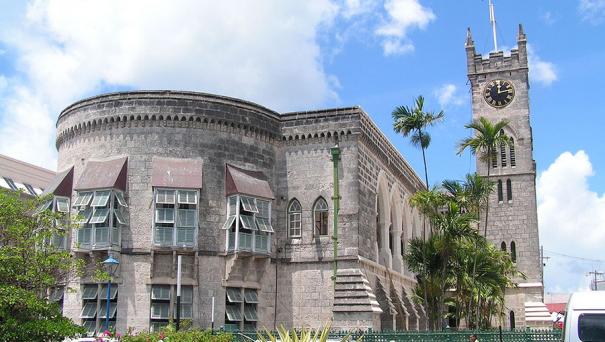About Barbados
Barbados is an island country in the Lesser Antilles of the West Indies, in the Caribbean region of North America. It is 34 kilometres (21 miles) in length and up to 23 km (14 mi) in width, covering an area of 432 km2 (167 sq mi). Inhabited by Kalinago people since the 13th century, and prior to that by other Amerindians, Barbados was visited by Spanish navigators in the late 15th century and claimed for the Spanish Crown. As a wealthy sugar colony, it became an English centre of the African slave trade until that trade was outlawed in 1807, with final emancipation of slaves in Barbados occurring over a period of years from 1833. On 30 November 1966, Barbados became an independent state and Commonwealth realm with the British monarch (currently Queen Elizabeth II) as hereditary head of state. It has a population of 284,996 people, predominantly of African descent. Like many other Caribbean islands, Barbados is famous for its turquoise coloured water and sandy beaches. Bajan cuisine is a mixture of African, Indian, Irish, Creole and British influences. The country generally experiences two seasons, one of which includes noticeably higher rainfall. Known as the "wet season", this period runs from June to November. By contrast, the "dry season" runs from December to May. From December to May the average temperatures range from 21 to 31 °C (70 to 88 °F), while between June and November, they range from 23 to 31 °C (73 to 88 °F).
